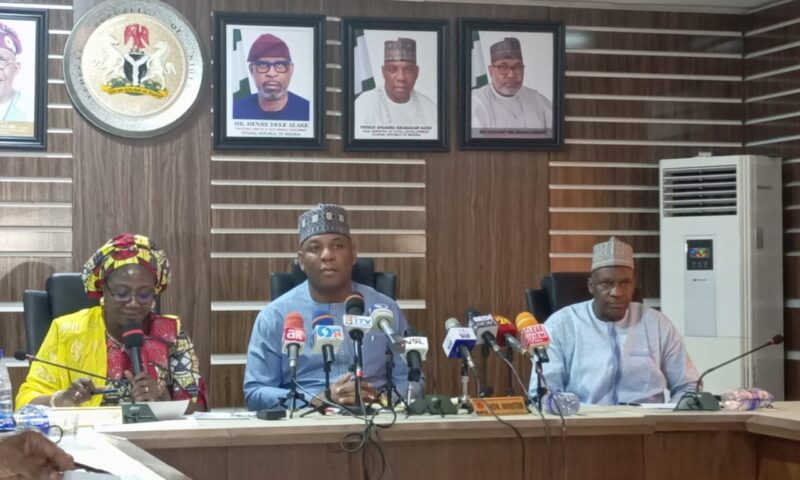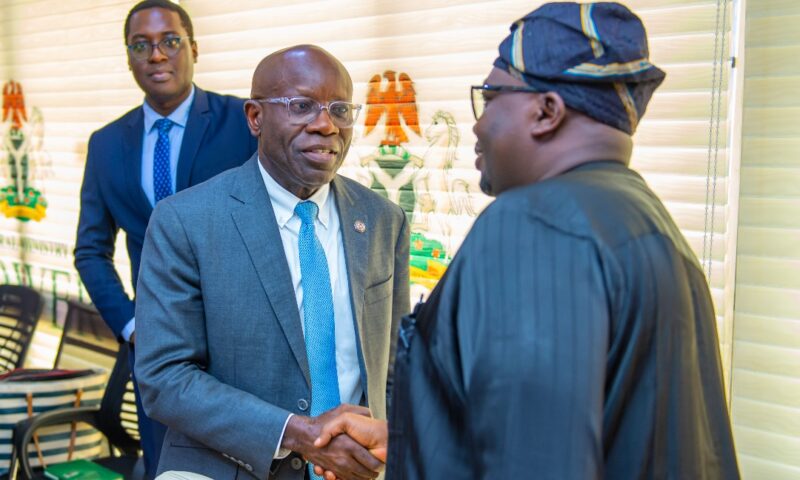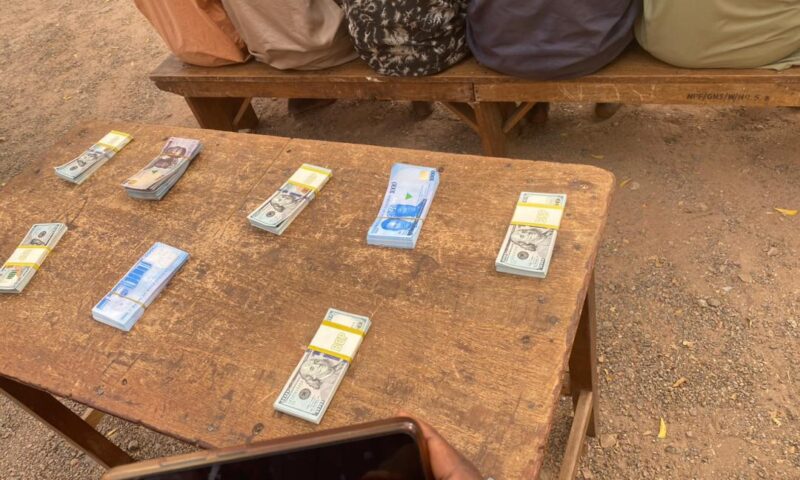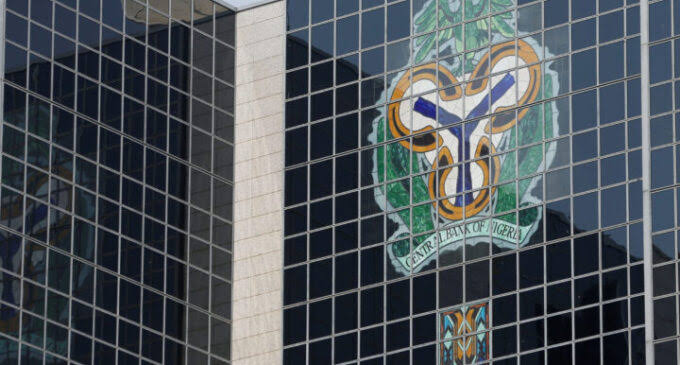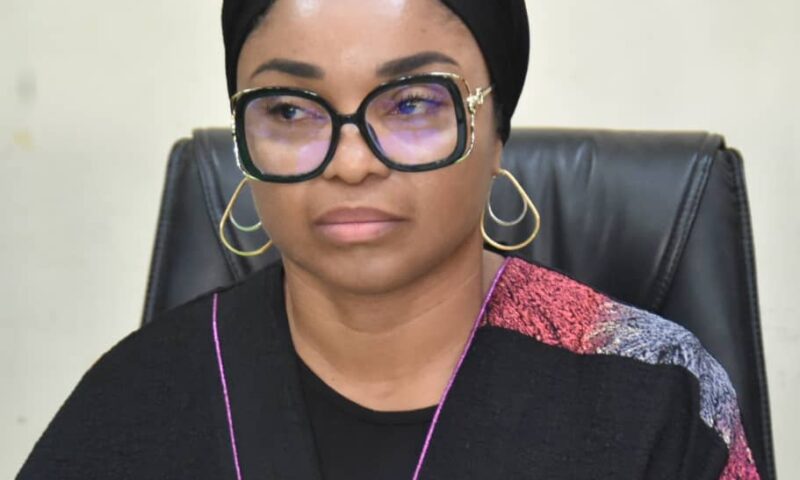Luther Kington Nwobodo
Lagos residents woke up on January 21, 2024, to news that the State government had banned the distribution and use of polystyrene (Styrofoam) and other single-use plastics (SUPs).
Some of the populace was surprised that such a decision had been taken on their popular “take-away pack”.
However, to several keen observers, this was a laudable and long-overdue decision, given the debilitating impact of polystyrene on the environment.The environmental impact of plastics is frightening.
Data from the UN Environment Programme shows that there are about 400 million tonnes of plastic waste generated every year across the world and 36 per cent of these are single-use plastics.
Science tells us that polystyrene and plastic bags take up to 500 years to decay.
Nigeria produces an estimated 32 million tonnes of solid waste per year, with only about 20-30 percent of it collected and managed correctly. The remainder is either dumped in unauthorized places or burned, contributing to pollution and health risks.
Due to improper waste disposal practices, about 199 million tonnes of plastics are dumped into oceans worldwide, leading to micro-plastics ending up in streams, rivers, and the ocean. This eventually poses a hazard to the consumers of fish and other marine animals, as these plastics poison, choke, starve, and kill marine life, effectively disrupting the marine ecosystem.
Lagos State alone, generates 870,000 tonnes of plastic waste annually, with used plastics littering roads, gutters and estates. Reckless disposal of non-biodegradable items causes drainages to be clogged, and roads and markets littered despite the best efforts of the government. The multiplier effect of this reality across the country is seen in the level of flooding witnessed during the rainy season, year after year.
Speaking on the announcement of the ban on SUPs by the Lagos State government, Commissioner for the Environment and Water Resources, Tokunbo Wahab, said that the renewed war on the damage to the environment, would begin with items that do not have recyclable potential, including polystyrene (also known as Styrofoam), plastic spoons, micro beads, carrier bags, straws and disposable cups.
All over the world, the call for the adoption of sustainable practices remains strident, as it becomes glaring that a sustainable environment is critical to the continued existence and thriving of humanity.
Aside from the efforts to promote better waste management practices, there are increased calls for the implementation of a circular economy, an initiative for sustainable and efficient use and processing of all raw materials especially plastic, to protect the environment.
A circular economy ensures greater efficiency in the manufacture, use, and disposal of products, in a manner that ensures that each product life cycle is extended many times over, through recycling. Obviously, implementing a circular economy requires informed decision-making and this is dependent on reliable data.
Speaking on the intersection of data and a sustainable circular economy, CEO of Zeugnis International Limited, a Data Engineer with a proven track record of designing, developing, and maintaining robust data architectures, Luther Kington Nwobodo, posits that data is critical in advancing sustainability goals within a circular economy.
“The goal is to analyze and optimize resource flows, minimize waste, and enhance overall environmental and economic efficiency within the context of a circular economy”.
Citing from one of his past projects where he was tasked with implementing data analytics strategies to measure, analyze, and improve the sustainability of operations within the context of a circular economy.
Luther said, “I collected data from various sources within the organization, including production processes, supply chains, waste management systems, and energy consumption; I integrated external data, including market trends and environmental impact assessments, to provide a comprehensive dataset”.
He further emphasised the need for interdisciplinary collaboration and the importance of leveraging data to drive informed decision-making for sustainable practices.
“I collaborated with sustainability experts such as Recycling Association of Nigeria and stakeholders (government agencies such as LAWMA) to identify key performance indicators (KPIs) aligned with circular economy principles. I also conducted descriptive analytics to gain insights into historical trends and patterns related to sustainable practices”.
In 2023, to underscore the importance of the circular economy, a project partnership between the Abuja Environmental Protection Board (AEPB) and the United Nations Industrial Development Organization (UNIDO), saw the Japanese government commit the sum of $2.9 million to support Nigeria’s march towards a circular economy.
Speaking at a sensitization event to launch the 36-month programme in Abuja, Oluyomi Banjo, Nigeria National Programme Coordinator, Environment and Energy, UNIDO, said, “By 2025, Nigeria will be the largest producer of these plastics that are harmful to the environment. That’s why a circular economy is recommended”.
Given the weight of the task to track and design appropriate strategies to aid the development of a circular economy, does Nigeria have the necessary expertise to manage a circular economy?
Luther assures that Nigeria does have the human resource, pointing to his past project. “I implemented optimization algorithms to identify opportunities for resource efficiency improvements and the project achieved a 15% improvement in resource efficiency by identifying and implementing optimization strategies based on data-driven insights”.
The essence of the circular economy is an economic system whereby you earn money from your waste rather than pay to dispose it. Thankfully, some Nigerian entrepreneurs have begun to exploit these opportunities by recycling waste materials for other uses, including PET plastic bottle and nylon recycling.
All that is left is to encourage other data experts to join hands with the likes of Luther Kington Nwobodo to provide the needed data analytics support that is central to the efficient implementation of the circular economy, to aid the sustainability goals of Nigeria and the globe.




